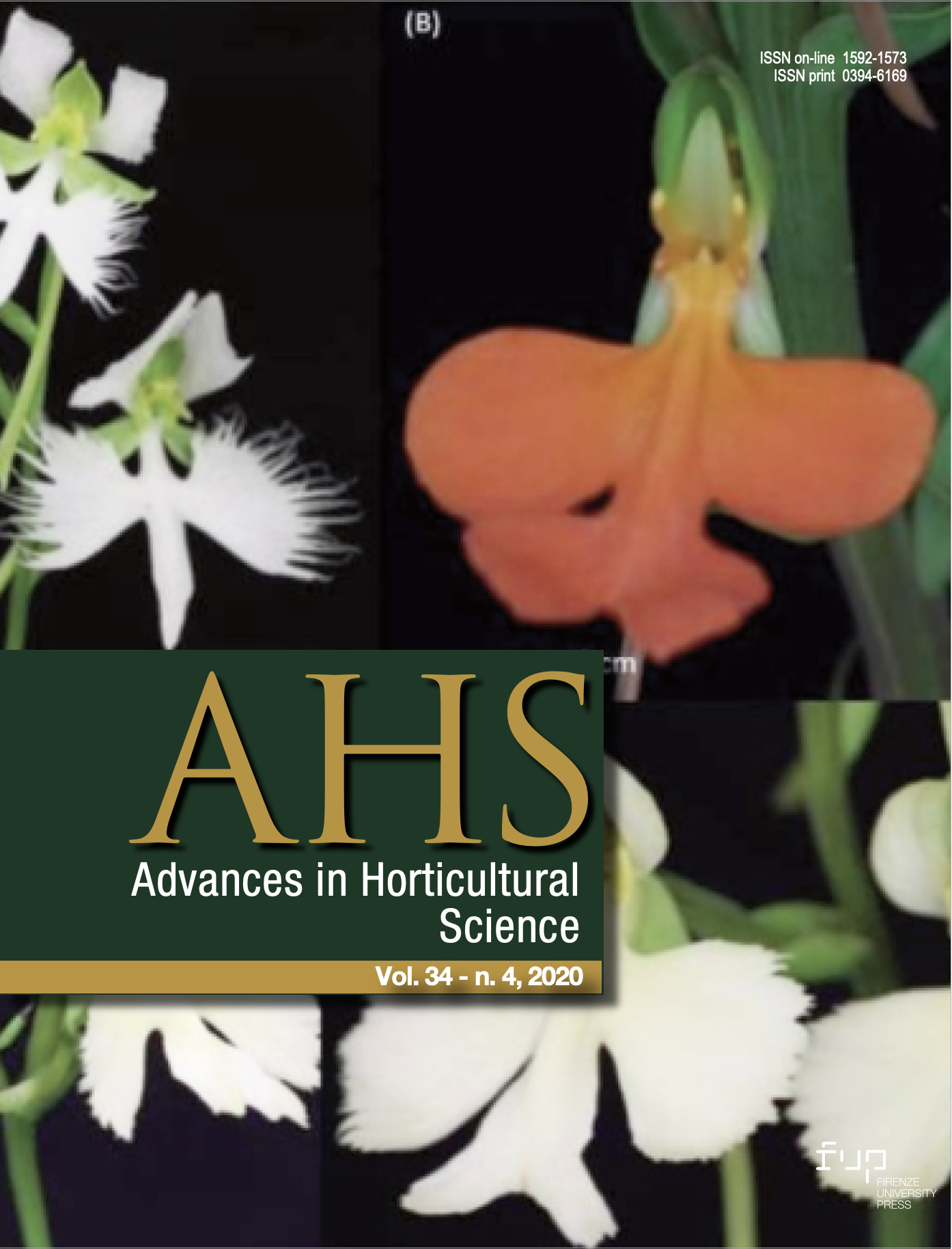Management of root knot nematodes (Meloidogyne sp.) and enhancing growth yield of greenhouse produced tomatoes by using fresh plant derived soil amendments
Published 2020-09-28
Keywords
- Lippia kituensis,
- Meloidogyne sp.,
- Ocimum gratissimum,
- organic amendments,
- tomato yield
How to Cite
Abstract
Abstract: Production of greenhouse tomato is hampered by myriad of challenges emanating from growth medium in the subSaharan Africa (SSA), which has led to instability in the production trend. A greenhouse experiment was conducted to study the effect of soil amendment with fresh plant biomass from Lippia kituensis Vatke and Ocimum gratissimum L. aimed at managing root knot nematodes (RKN) and enhancing tomatoes yield. The amendments were applied at 0 (soil negative control), Lippia and Ocimum, each at 200 g, 400 g % and 800 g in 10 kg potted soil mixes, singly and in all possible combinations. Azadirachtin (0.3 w/w) was also used as a positive control. The mixtures were treated inoculums carrying 1000 second instar Meloidogyne sp. juveniles. An unbalanced factorial in a Randomized Complete Block Design with 3 replications was used. The parameters measured were nematode populations, root gall numbers, galling index, tomato growth, development and yield. Results indicated that interactive effect of soil amendment at 800 g of both Lippia and Ocimum, significantly (p<0.05) reduced the RKN population by 82.1% compared to the nonamended soil. At same rates, galls were reduced by 95.5% while galling index by 83.3%, compared to nonamended treatment. In plant development same amendment rates demonstrated higher vegetative growth. For fruit number and marketable yield, 76.7% and 82.2% more fruits per plant were recorded from 800 g LK+ OG at 800 g and Azadirachtin respectively, compared to nonamended soil. Based on the results, Lippia and Ocimum may be potential sources for nematicidal plant products for greenhouse tomato production.






